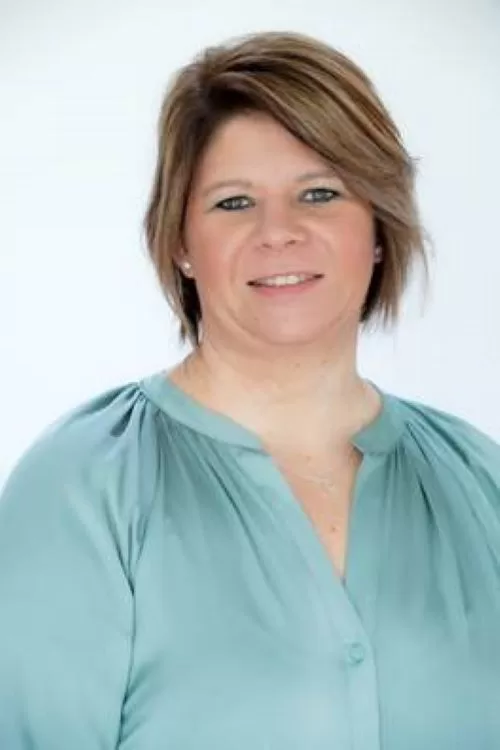COMMUNITY LAW CLINICS VITAL TO IMPROVE ACCESS TO JUSTICE IN SOUTH AFRICA
Higher education law faculties urged to expand reach to benefit community members & students
JULY 2024
Community law clinics offering free legal services to those who can’t afford legal representation or support are a lifeline for these individuals, and higher education institutions through their law faculties play an important part in ensuring improved access to justice throughout the country, legal experts say.

“Community law clinics reach people where they are, to provide advice, mediation and representation in various legal matters such as family law, employment disputes and housing issues,” says Dr Bronwyn Le Ann Batchelor, Head of Faculty at The Independent Institute of Education, SA’s leading private higher education institution.
“By offering legal assistance to marginalised and underprivileged communities, law clinics help bridge the gap in access to justice. This ensures that more people can exercise their legal rights and receive fair treatment under the law.”
Batchelor says these clinics benefit both members of the community of support, as well as the students and their holistic academic growth.

“The clinics play a crucial role in providing free legal services to underserved communities. Many individuals who cannot afford legal representation benefit from the pro bono services offered, which not only helps resolve their legal issues but also promotes social justice and equality.”
Working at The IIE’s Varsity College Community Law Clinic is a compulsory component of The IIE’s Bachelor of Laws (LLB) curriculum, whereby final year students need to work on real cases under the supervision of experienced legal professionals, to gain practical skills that are essential for their future careers and gain an invaluable understanding of South Africa’s unique legal landscape.
Replicating this approach across more higher education institutions can play an important role in providing support to more communities.
Under the leadership of Fiona Kaplan, Dean: Faculty of Law and Sue Pillay, the Director of the Law Clinics, the first IIE Varsity College Community Law Clinic was established in 2022 at their Durban North campus. It was the first Private Higher Education institution with a law clinic accredited and registered by a provincial Legal Practice Council. This was followed by the Pretoria Community Law Clinic opening in April 2024. The IIE Varsity College Cape Town Community Law Clinic opened in July 2024. An additional mega-clinic is planned for Randburg in February 2025.
Says Kaplan: “The Community Law Clinics provide an invaluable opportunity for our LLB final year students to be exposed to a community engagement environment and instil in them a concern for other citizens as future legal practitioners.”
Students work under the supervision of experienced attorneys, gaining valuable skills in client interaction, legal research, case management, and courtroom practice. This practical training enhances their academic learning and prepares them for future legal careers.
Clinics also instil an all-important sense of social responsibility and a commitment to pro bono work among students.
“By participating in these clinics, students learn the importance of giving back to the community and using their legal knowledge for the greater good. This culture of service is likely to influence their professional lives, encouraging them to continue contributing to society even after they graduate,” says Kaplan.
Batchelor adds that it is good practice for universities and institutions of higher learning to collaborate with local non-profit organisations, government agencies and other stakeholders to address broader social issues.
“These partnerships enhance the impact of the clinics’ work and provide students with a broader perspective on the role of law in society. Community engagement initiatives, such as legal awareness campaigns and workshops, further extend the reach of the clinics’ services and educate the public about their legal rights. Topics covered include, but are not limited to, domestic violence, gender-based violence, discrimination, consumer rights and legal processes,” she says.
Law clinics, serviced by legal students under the supervision of professional practitioners, have the potential to transform the lives of individuals and communities, and every effort should be made to increase access to them.
“These clinics play a vital role in promoting fairness, equality and the rule of law within society by providing essential legal services to those in need, enhancing access to justice, educating the public and advocating for policy changes. And they also support our vision of developing empathetic legal professionals by providing practical training relevant to South Africa and its people,” Batchelor says.


























